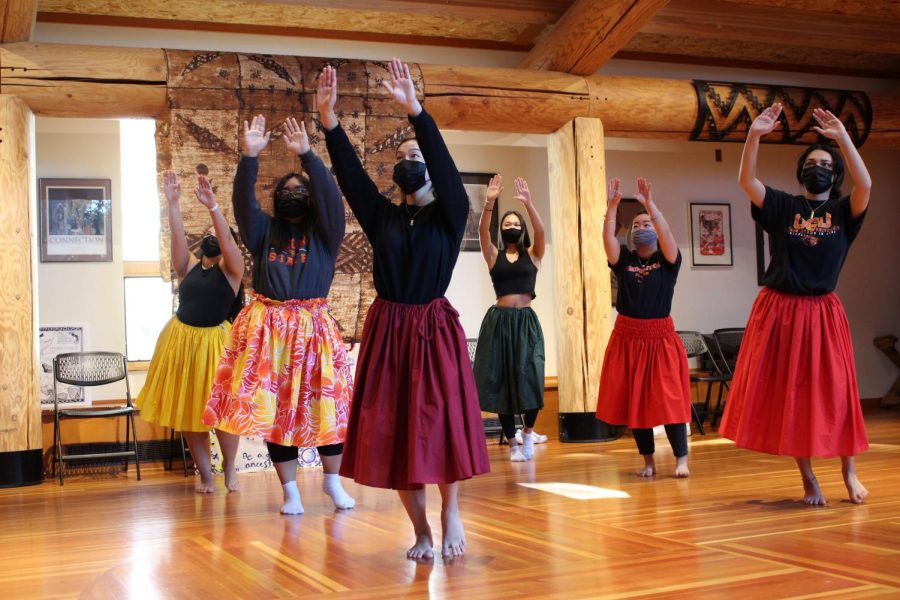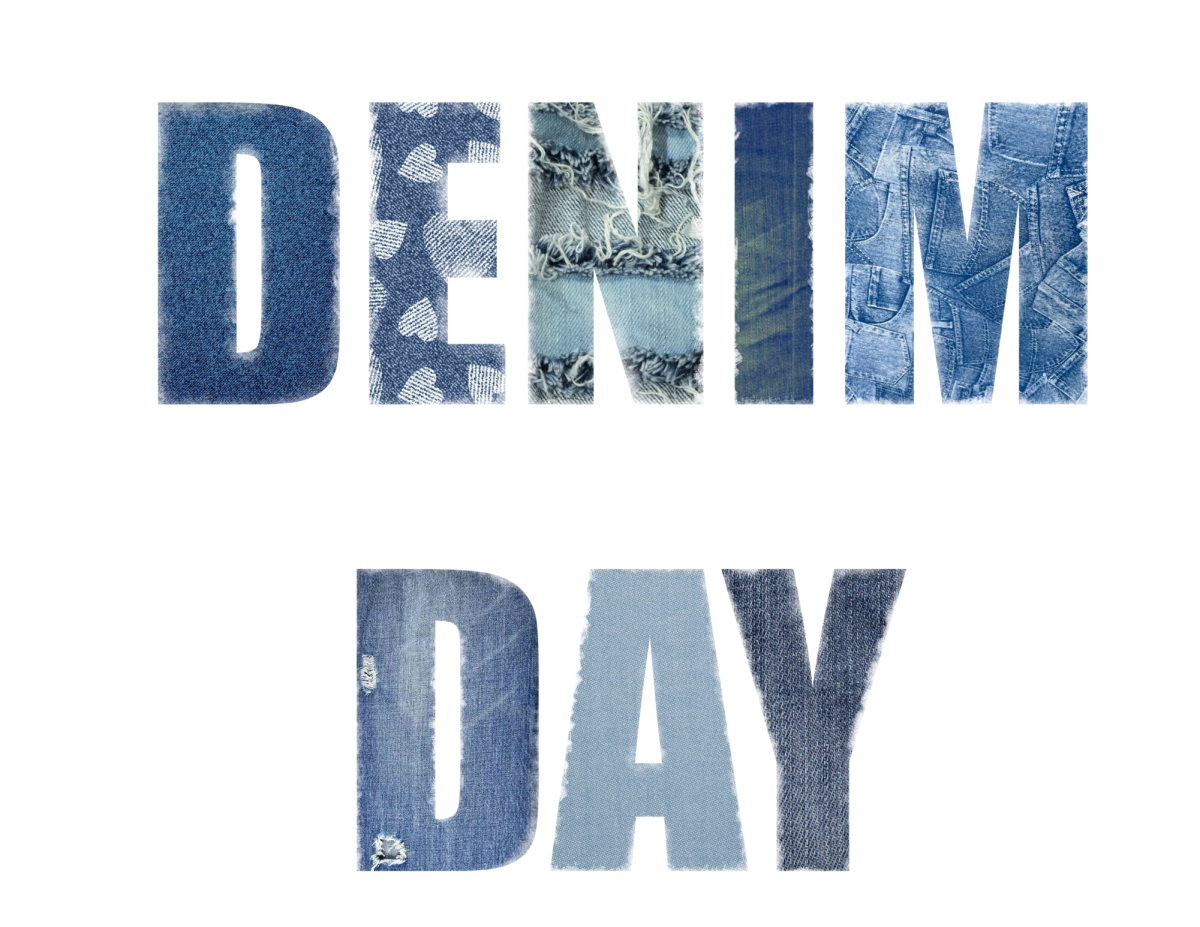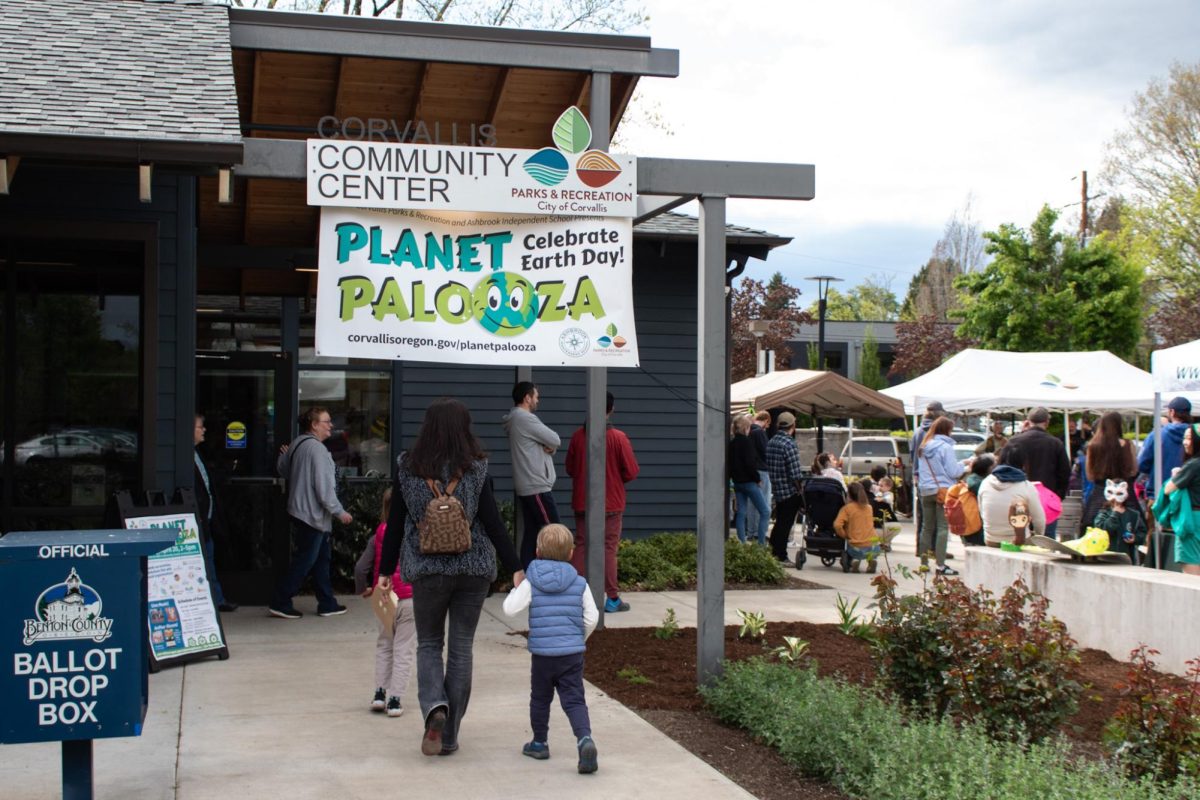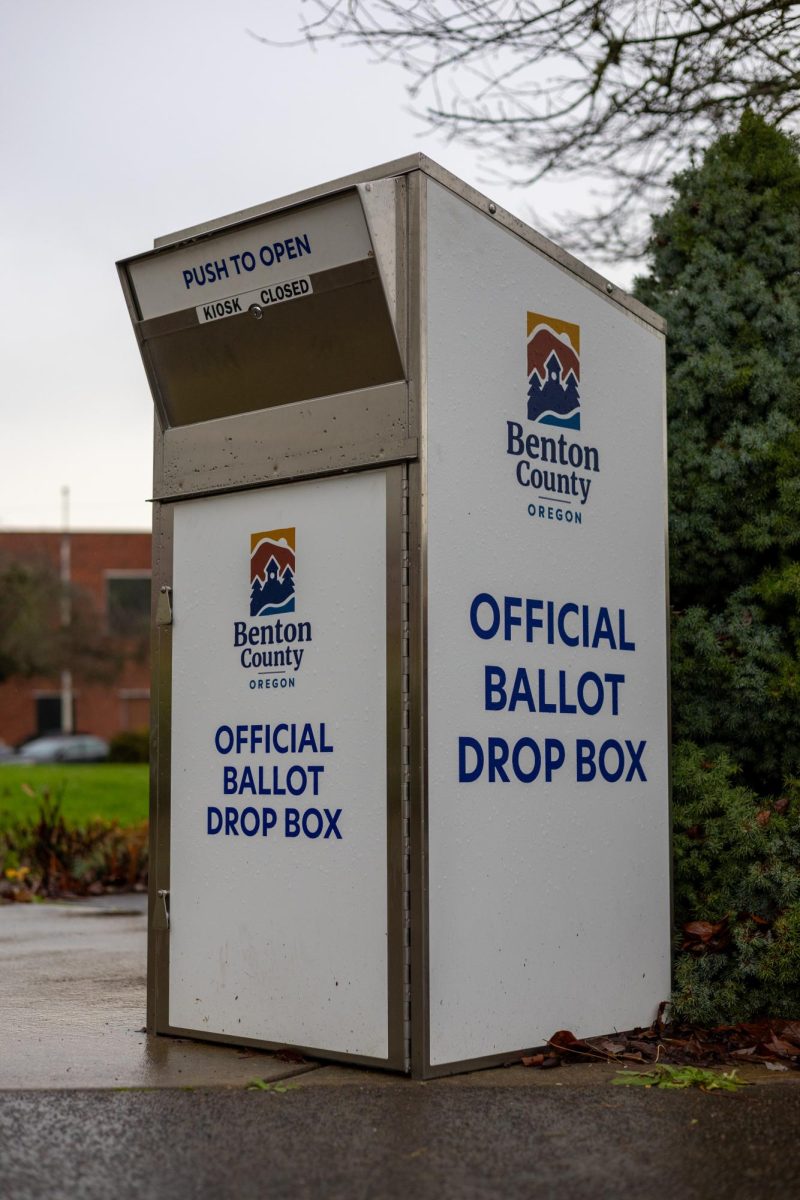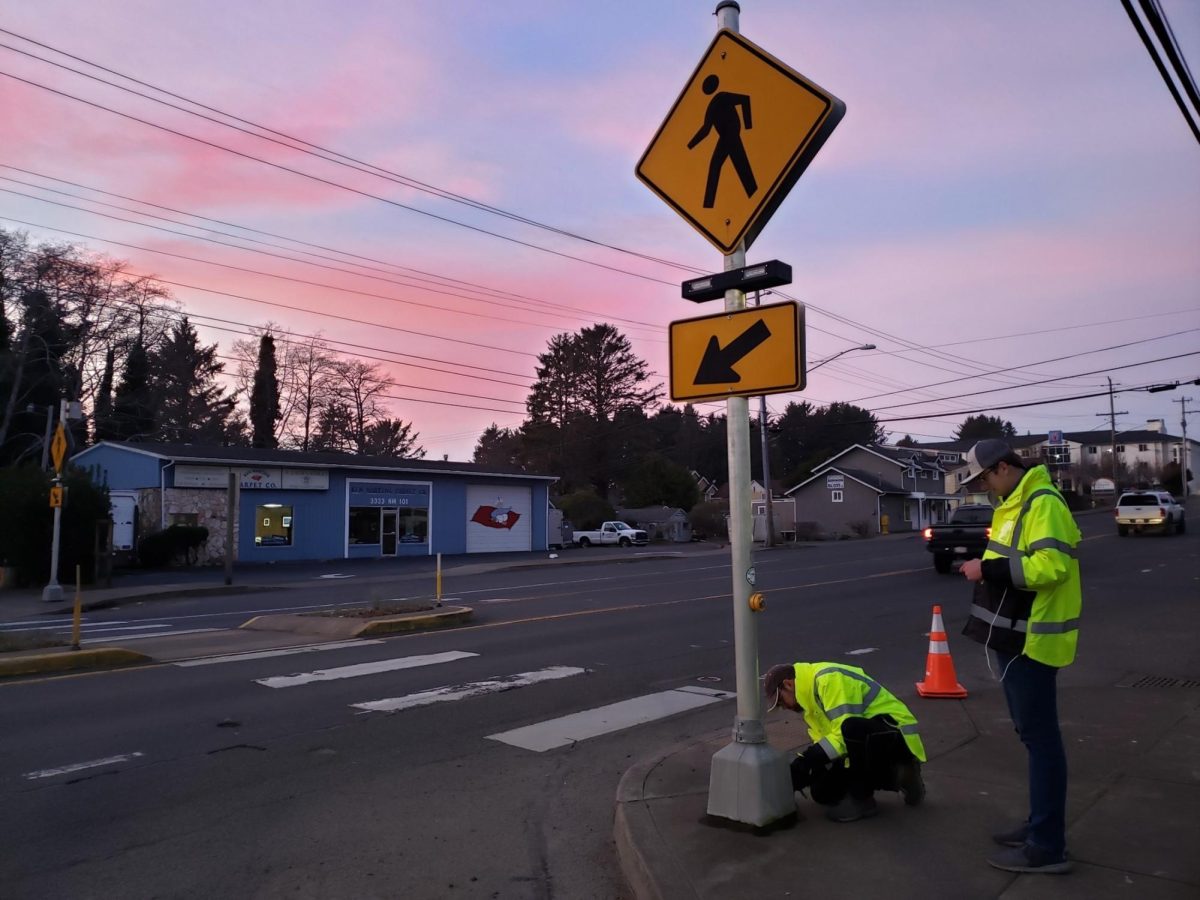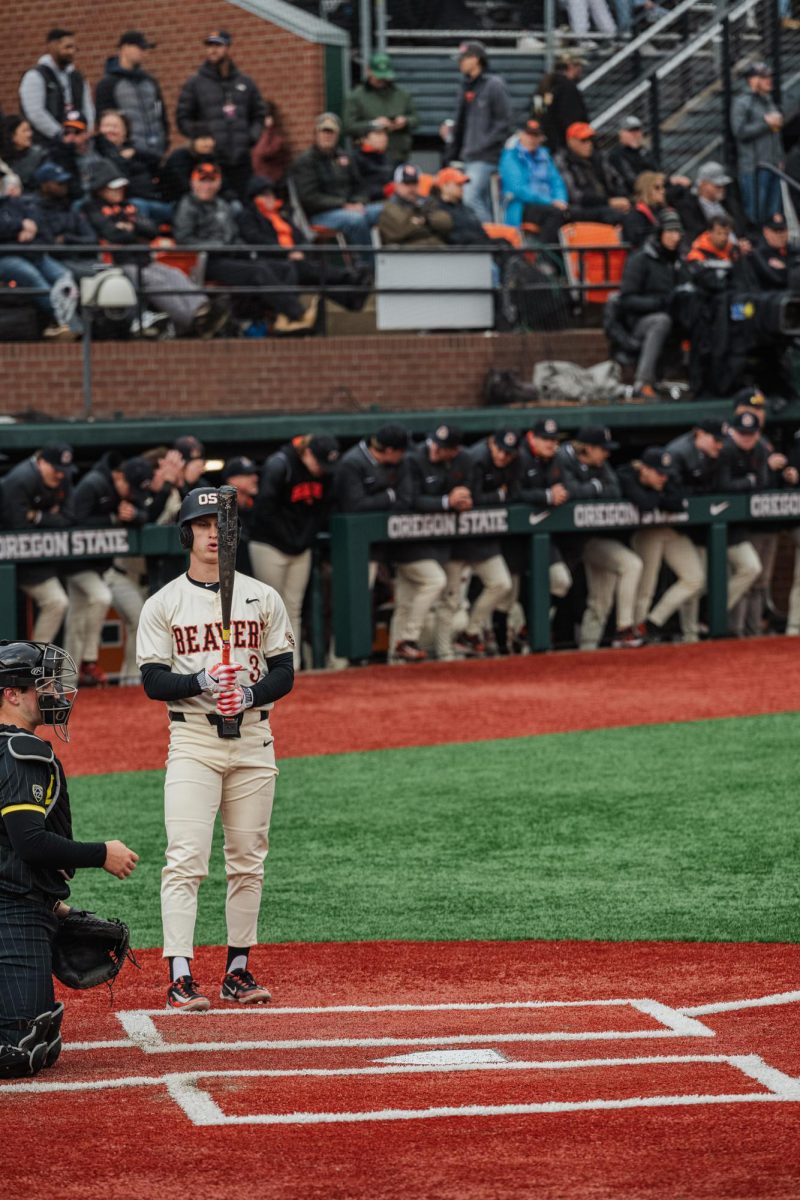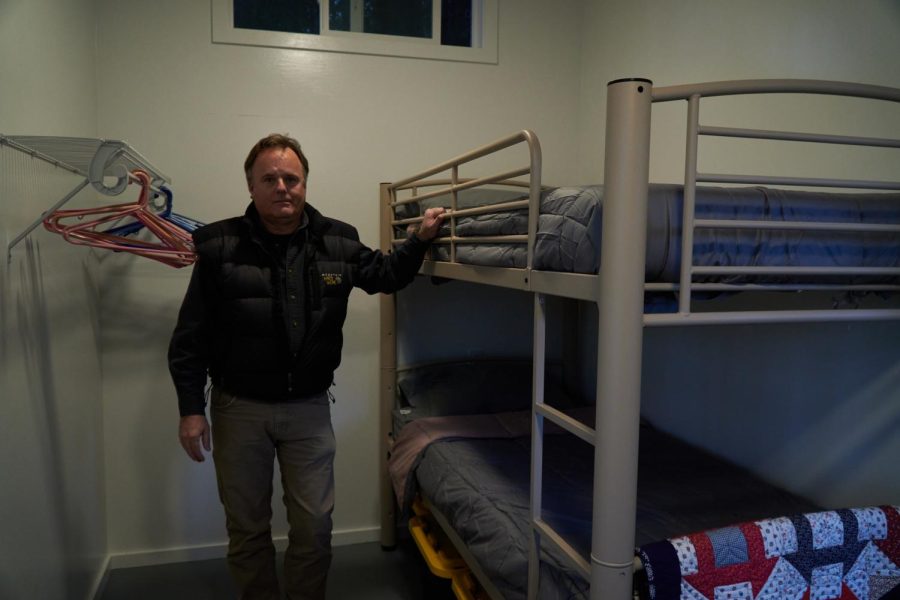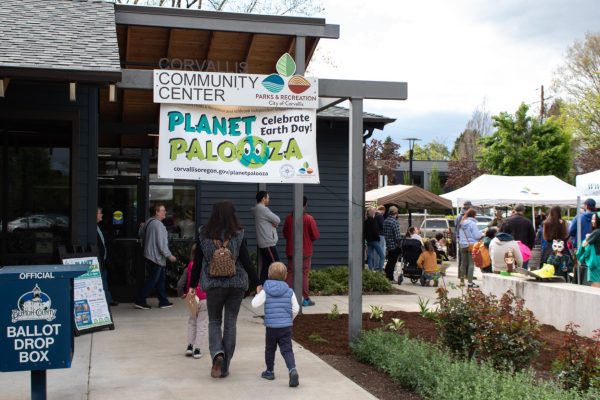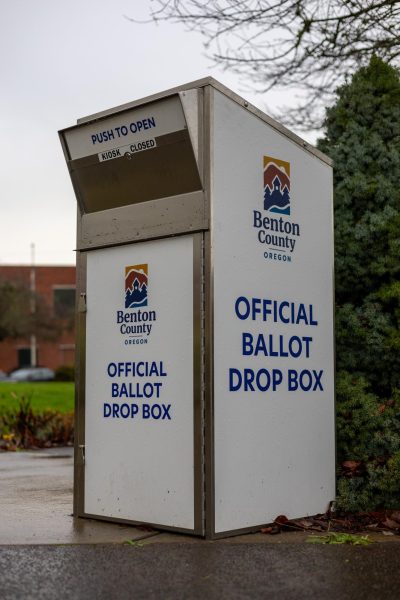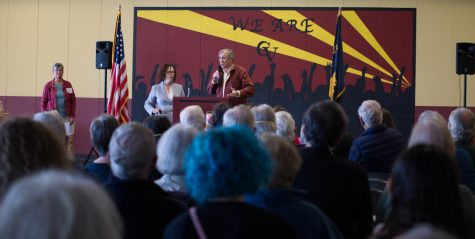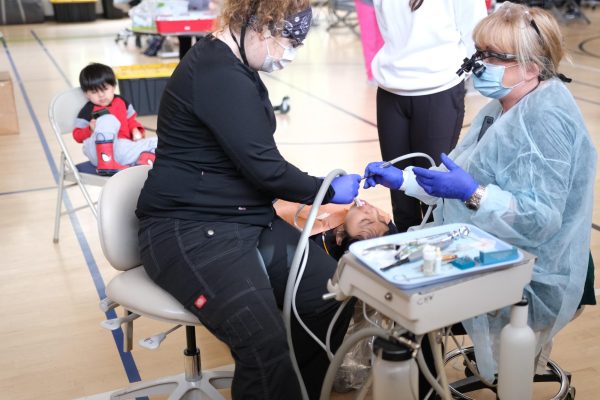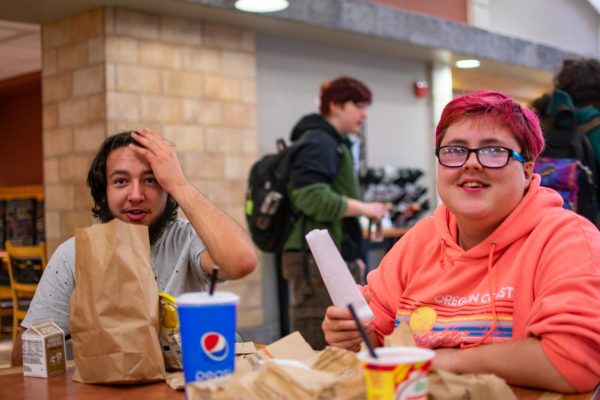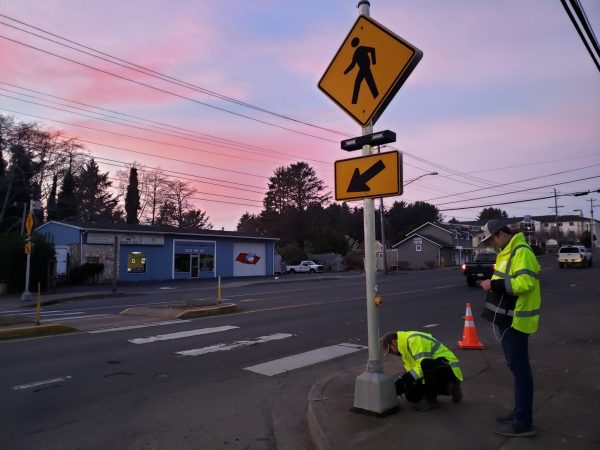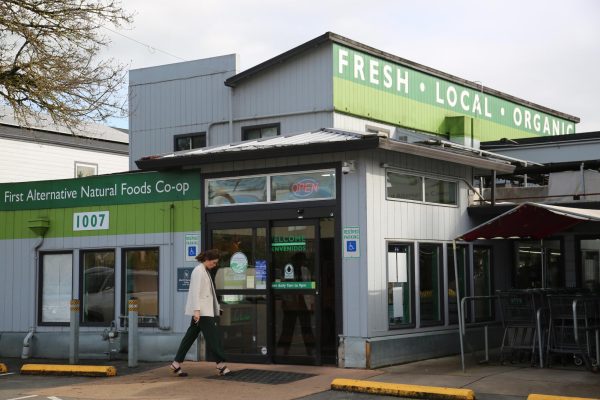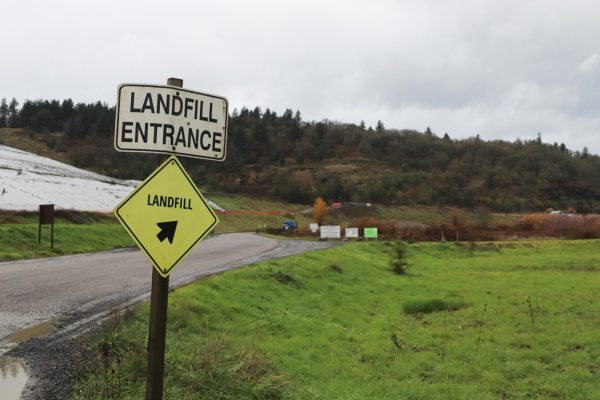Microshelters in Corvallis see success in addressing houselessness.
The inside of a one-bed micro shelter at the Safeplace Unity Transitional Microshelters site on Nov. 15. The only reason this site is possible, according to Executive Director of Unity Shelters, Shawn Collins, is because of community resources, support, and consistency.
November 28, 2022
Affordable housing and addressing homelessness were one of the major issues during the midterm elections this year throughout Oregon. Alongside inflation and gas hikes, the worker shortage in case management has further exacerbated the housing situation in Corvallis.
Corvallis has been consistently ranked as the most rent-burdened city in Oregon, meaning it has the highest number of households that pay more than 30% of their income for rent.
The City of Corvallis has been experimenting with using microshelters to address the situation of affordable housing. Microshelters are transitional housing, an intermediate step to permanent housing.
According to the Executive Director of Unity Shelter Shawn Collins, microshelters are basically sleeping units.
Unity Shelter is a non-profit organization that manages these microshelters. Under the city permits, microshelters are limited to 120 square feet with the smaller units being of size eight by 12 feet with a front porch and the larger units being eight by 15 feet.
Every microshelter location is also accompanied by a service unit where people can prepare food and includes cleaning supplies, refrigerators and microwave ovens. Each unit costs about $16,000 including construction and installation and from a permit perspective, microshelters are treated as food trucks by the county.
Across the six locations, there are 31 microshelters in Corvallis and 10 of them are larger units that are typically occupied by a couple or a parent and a child.
Microshelters emerged from a program that Unity Shelter operates called the SafePlace. It was formerly called SafeCamp. SafeCamp started as a project to provide housing in the form of tents.
According to Collins, SafeCamp was intended to create a safe space for literal camping.
However, owing to the difficulties faced in getting the tent heated up, SafeCamp tried multiple alternatives. From this emerged the idea of having microshelters. The current microshelters have both heating and air conditioning units.
Microshelters provide an intermediate step of living indoors again for people who are transitioning out of long-term homelessness, which can be as long as 10 years for some.
“Part of the transition is learning how to live around other people again [and] learning how to share space,” Collins said.
Unity Shelter takes an alternative route of not having any fixed time for the people to live, unlike some other transitional housing programs that have a limit of 90 days. Some people have been living for as long as two and a half years in the microshelters.
Despite Unity Shelter not having a fixed time for the people to live within microshelters, it has already successfully helped 50% of the residents to move out to stable housing since January 2021 according to Collins.
While Unity Shelter has seen significant success with transitioning people, the demand for microshelters continues to grow. Unity Shelter has served 26% more people from January to October this year compared to last year. The current waitlist for microshelters is around 180.
The microshelters are allotted on a priority basis that considers several factors such as medical needs, how long the applicant has been homeless and background checks.
“It’s a weighted list — in the sense that we look at people’s vulnerabilities and that kind of raises them to the top of the list rather than first-come-first-serve,” Collins said.
Prior criminal records might be a barrier to getting housing according to Collins which is, for example, why there is a dedicated location that can handle people who have previously been sex offenders.
For Collins, applications with criminal records should be weighed both with the safety of other residents in mind along with the applicants’ need for housing.
Currently, five out of the six locations are managed by various churches in the city. The permit for microshelters allows up to four microshelters to be placed within city limits on a church property or business property.
“The churches are sort of like the property manager and we are the people manager,” Collins said.
Churches typically provide bathroom facilities, trash, and potable drinking water to the residents of microshelters.
Two such microshelter units are managed by the Good Samaritan Church. The microshelter program started in summer of this year and has hosted four families who have moved out to permanent housing.
“It has been great to see them transition out of the shelters and into more permanent situations,” said Ruth Krueger, a Minister for Parish Life at the Good Samaritan Church.
The major costs that incur are the monthly porta potty and electricity charges. The supplies for the service unit have been donated through a collection drive.
Since there was no existing program in Corvallis, Unity Shelter had to go through the process of getting a conditional permit from the city government for microshelters. This involved a multi-month process of setting up applications, negotiating with the county officials, and conducting public hearings.
According to Collins, setbacks during the early public hearings led Unity Shelter to arrange monthly meetings with the representatives of the neighborhood housing association to resolve the issues they had.
As of now, all the concerns have been addressed by Unity Shelter and “there are times where we don’t meet because we don’t have any issues,” Collins said.
Krueger has also had a similar experience, “It’s been really positive … we haven’t had a single problem — so we are here to help resolve problems if they happen but we haven’t gotten any,” she said.
Collins believes that it is also important to support people once they are out of microshelters to permanent housing because “suddenly being on your own, paying your own bills, managing a household — it’s a lot.”
According to Collins, there often exists a language that describes homeless people almost as if they are another species.
“[Almost as if] they have different kinds of values and no sense of morality… the reality is they are people in need and part of what they need is the dignity of being able to have safe places,” Collins said.



